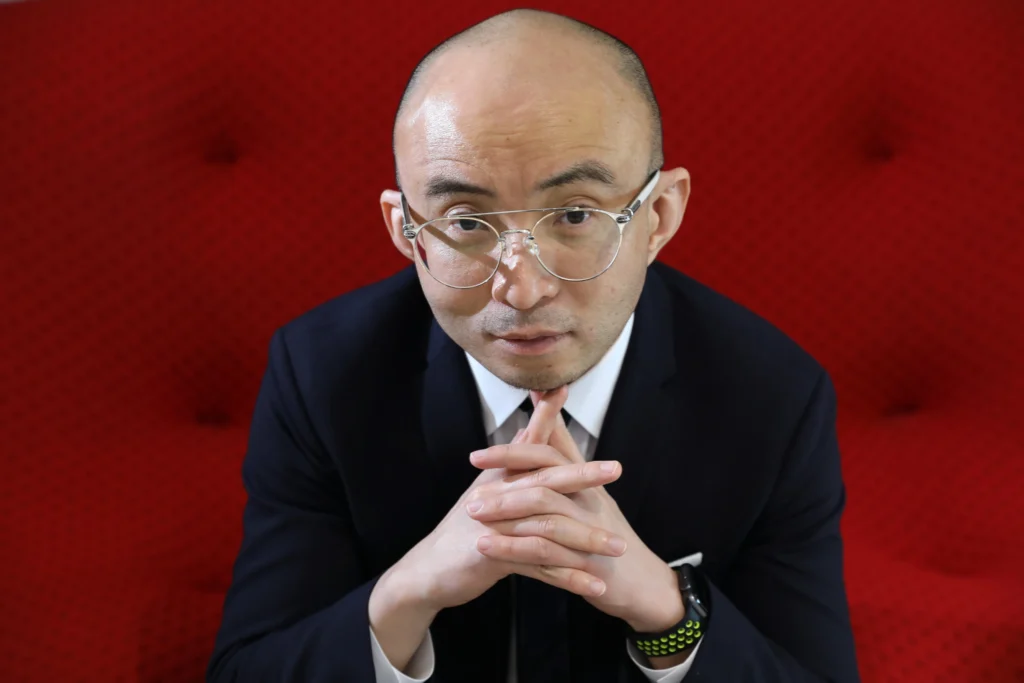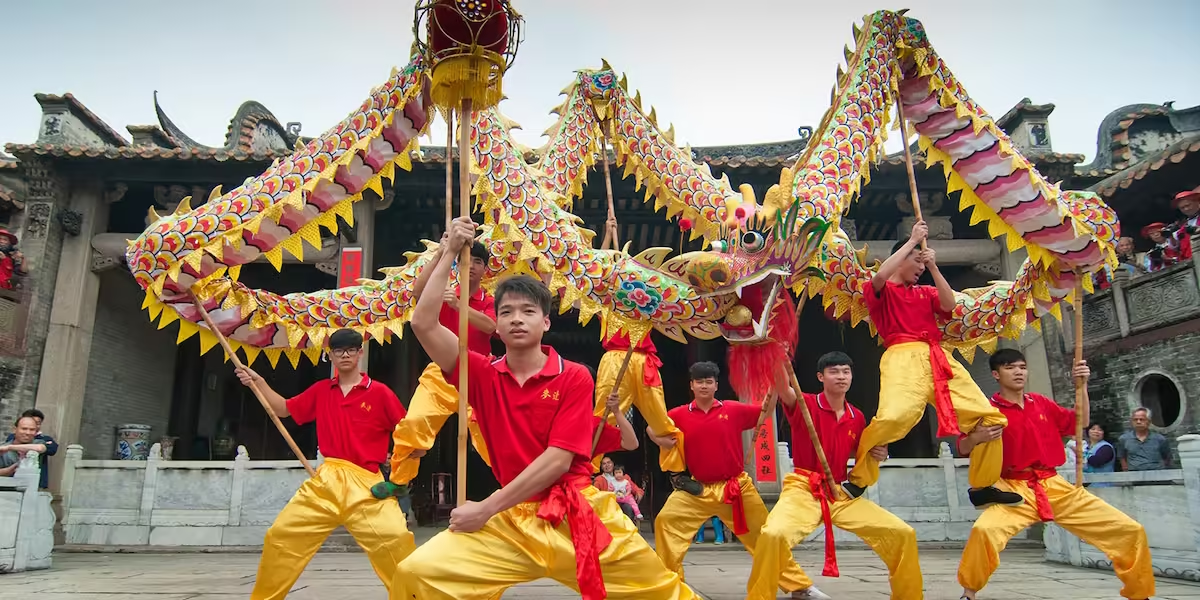China’s billionaires have long been the driving force behind the country’s extraordinary economic growth, symbolizing the shift from a rigid communist system to a hybrid model where capitalism plays a significant role. Despite this, Beijing’s relationship with its wealthiest entrepreneurs is fraught with tension. While China may promote itself as a communist state, the reality on the ground reveals a nation heavily reliant on its private sector—yet quick to suppress those who challenge its authority.
The Chinese government openly acknowledges the immense contributions of its entrepreneurs, encapsulated by the “50-60-70-80” model:
- 50% of China’s tax revenue,
- 60% of its GDP,
- 70% of its technological innovation,
- 80% of its urban employment.
But success comes at a cost, and those who rise too high or dare to question the government often find themselves in peril.
Bao Fan: The Fall of Renaissance Holdings

One of the most striking examples of Beijing’s tight control over its business elites is the case of Bao Fan, founder of the boutique investment firm Volt Renaissance Holdings. Once a titan in Chinese finance, facilitating mergers and IPOs, Bao’s company was brought to its knees after his sudden disappearance in February 2023.
The Chinese government later revealed that Bao was under investigation, and this marked the beginning of Renaissance Holdings’ collapse. The firm’s share prices plummeted by 73%, and despite efforts to stabilize, the damage was irreversible. Renaissance Holdings was forced to halt trading, and Bao Fan’s legacy as a leading figure in China’s investment landscape quickly crumbled. His story, however, is far from unique in modern China.
The Case of Sun Dawu: A Billionaire Pig Farmer’s Downfall
Sun Dawu, a self-made billionaire known for his empire in pig farming, experienced a similar fate. In 2021, Sun was arrested and convicted on charges including “picking quarrels” and unlawful occupation of agricultural land. His real offense? Criticizing the Chinese Communist Party.
For years, Sun had been outspoken in his views, advocating for farmers and criticizing government policies. However, the state eventually cracked down, sentencing the 70-year-old to 18 years in prison—essentially a death sentence. Sun’s case is a clear example of what happens when even a successful entrepreneur crosses the line with Beijing.
Jack Ma: China’s Most Famous Entrepreneur Silenced

Perhaps the most globally recognized Chinese entrepreneur, Jack Ma, also experienced the wrath of the Chinese government. The founder of Alibaba, Jack Ma was once a symbol of China’s tech boom and innovation. But in 2020, after Ma publicly criticized China’s financial regulations, Beijing responded swiftly.
Shortly after his comments, Ma disappeared for three months, causing a global stir. His company, Alibaba, was slapped with a $2.8 billion fine, and since then, Ma has maintained an unusually low profile. Though he has avoided the severe punishment faced by others, his forced silence is a testament to the lengths China’s government will go to maintain control.
Ren Zhiqiang: The Real Estate Mogul Who Spoke Out
Ren Zhiqiang, a former real estate tycoon, is another victim of China’s crackdown on dissent. After criticizing President Xi Jinping’s handling of the COVID-19 pandemic, Ren found himself on the wrong side of the law. Convicted of corruption and sentenced to 18 years in prison, Ren’s case followed the familiar pattern: challenge the government, face imprisonment.
While the official charges often involve corruption or economic crimes, the reality is that anyone who criticizes the Communist Party or Xi Jinping’s leadership risks a severe crackdown.
The Broader Picture: A Risky Environment for Foreign and Domestic Entrepreneurs
China’s private sector plays an undeniably vital role in the country’s economic prosperity. However, the government’s unpredictability and harsh treatment of its business leaders have raised serious concerns both domestically and internationally. If homegrown entrepreneurs like Jack Ma and Sun Dawu aren’t safe from Beijing’s grasp, foreign businesses are beginning to question the risks of operating in China.
This uncertainty has already led some international companies to pull back from the Chinese market, recognizing that while the rewards may be high, the risks are even higher. For a regime that prides itself on growth, this delicate balancing act between economic success and authoritarian control may prove difficult to maintain.
Disappearing Figures: Not Just Business Tycoons
The crackdown in China extends beyond billionaires and entrepreneurs. Actors, athletes, and even government officials who gain too much influence or challenge the party line often vanish from the public eye. Some, like tennis star Peng Shuai, eventually resurface, but usually in a diminished capacity, stripped of their former influence and often forced to issue public statements in support of the government.
This pattern suggests that Beijing is intent on maintaining strict control over anyone with the potential to sway public opinion, reinforcing the idea that no one is untouchable.
Conclusion: Success Comes with a Price in China
China’s billionaires, once celebrated for their contributions to the country’s economic rise, now face an uncertain future. While their businesses may thrive, their personal freedom is often at risk. Those who challenge the government, directly or indirectly, face imprisonment, fines, or even forced disappearances. As China’s political environment becomes increasingly authoritarian under Xi Jinping, it’s clear that economic success is no guarantee of safety.
For entrepreneurs in China, the lesson is stark: grow too big, become too influential, or criticize the regime—and the golden goose will be cooked.





